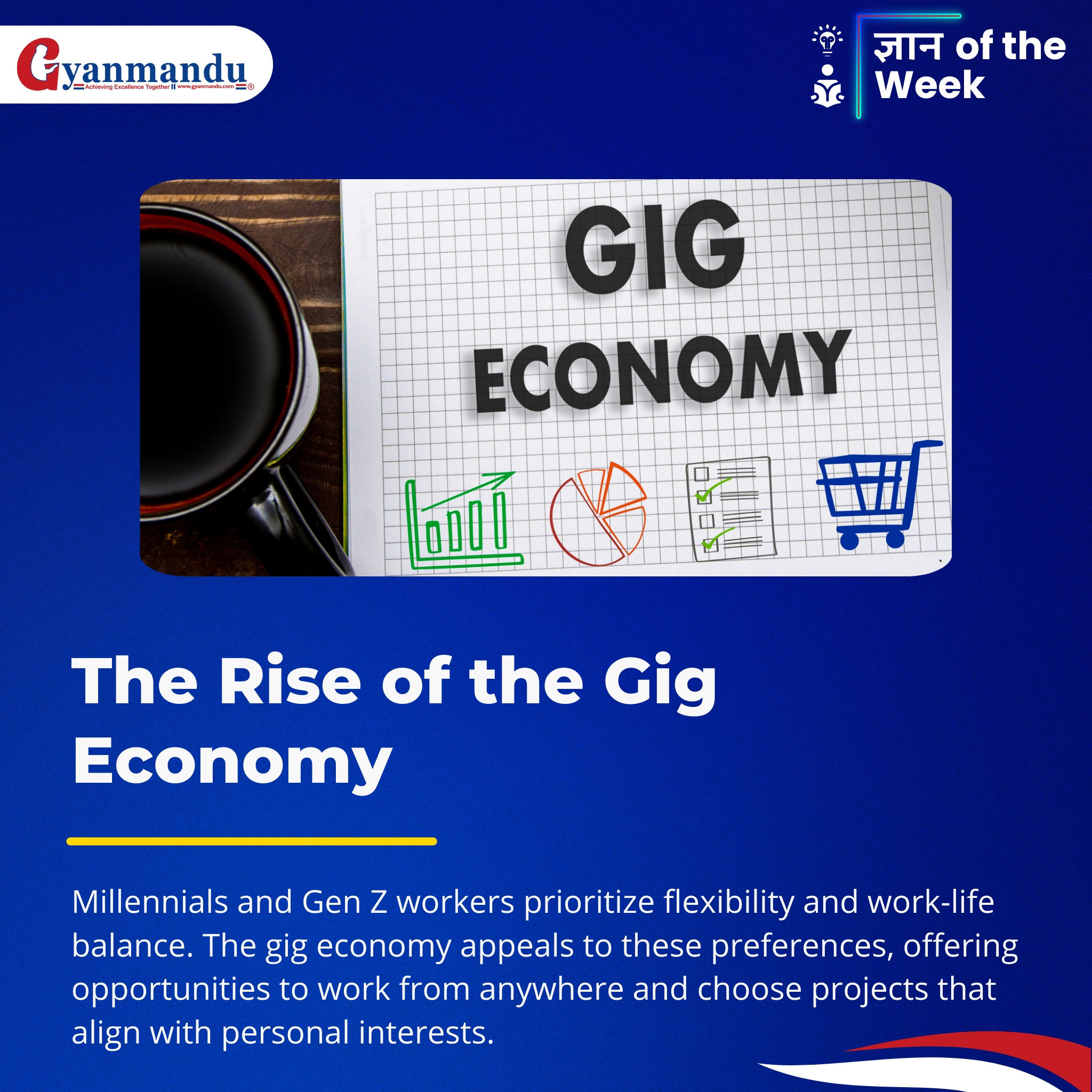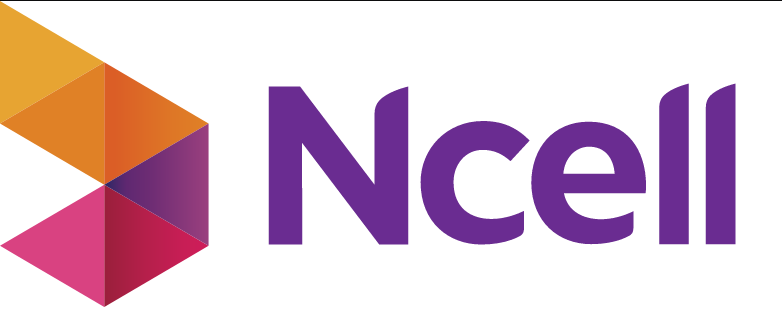The gig economy is revolutionizing the way we work, offering flexibility, independence, and a wide range of opportunities that traditional employment models often lack. This shift includes everything from freelancing and consulting to driving for ride-share services and delivering food. The gig economy caters to diverse skills and interests, making it a versatile option for many.
Key Drivers
Several factors are driving the growth of the gig economy. Technological advancements have played a significant role, with platforms like Pathao, inDrive, Upwork, and Fiverr making it easier for individuals to find gig work and for businesses to connect with freelancers. These platforms enable remote work, allowing gig workers to collaborate with clients globally.
Changing workforce preferences are also contributing to this trend. Millennials and Gen Z workers prioritize flexibility and work-life balance. The gig economy appeals to these preferences, offering opportunities to work from anywhere and choose projects that align with personal interests. Additionally, for many people, gig work is a way to supplement their income, especially during economic downturns. It provides a safety net for those who might struggle to find traditional employment.
The gig economy also fosters an entrepreneurial mindset. Gig workers often manage their own businesses, building brand identities and cultivating client relationships. This sense of ownership and control over one's work can be highly rewarding.
Benefits
The gig economy offers numerous benefits. Flexibility is perhaps the most significant, allowing gig workers to set their own hours and achieve a better work-life balance. This flexibility also enables individuals to pursue personal passions alongside their work. Moreover, the gig economy offers diverse opportunities across various industries, catering to different skill sets and interests. This diversity can lead to more fulfilling work experiences.
Skilled gig workers can often command higher rates, especially in specialized fields. Additionally, working multiple gigs can result in higher overall earnings. Gig work exposes individuals to a variety of projects and clients, fostering continuous learning and skill enhancement.
Challenges
However, the gig economy also presents some challenges. Unlike traditional employment, gig work can be unpredictable, leading to inconsistent income and lack of job security. Working independently can also lead to feelings of isolation and lack of social interaction, which are often found in a traditional workplace.
Conclusion
The rise of the gig economy is reshaping the employment landscape, offering both opportunities and challenges. By understanding its dynamics, workers and businesses can navigate this new world of work effectively, maximizing the benefits while addressing the inherent challenges.
































